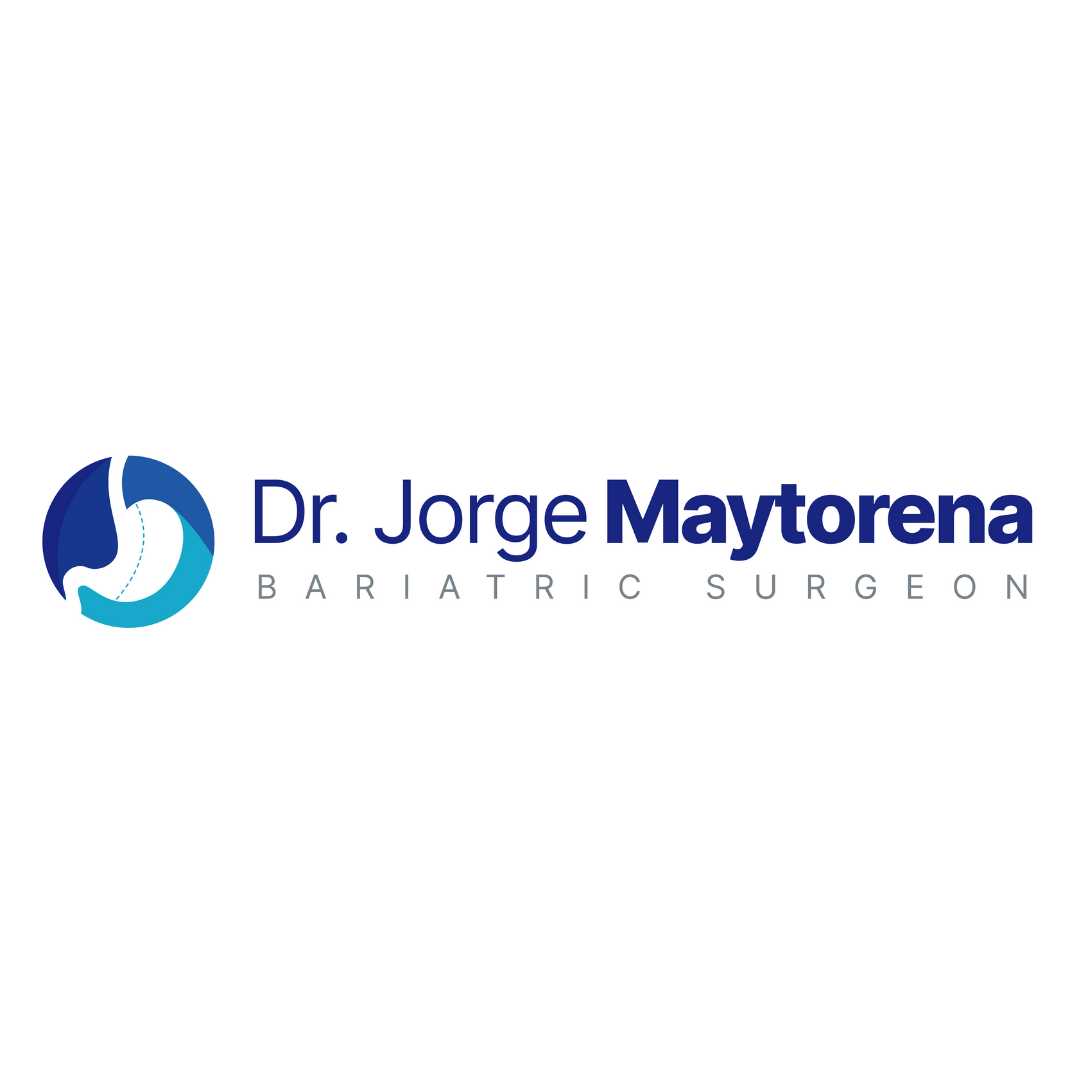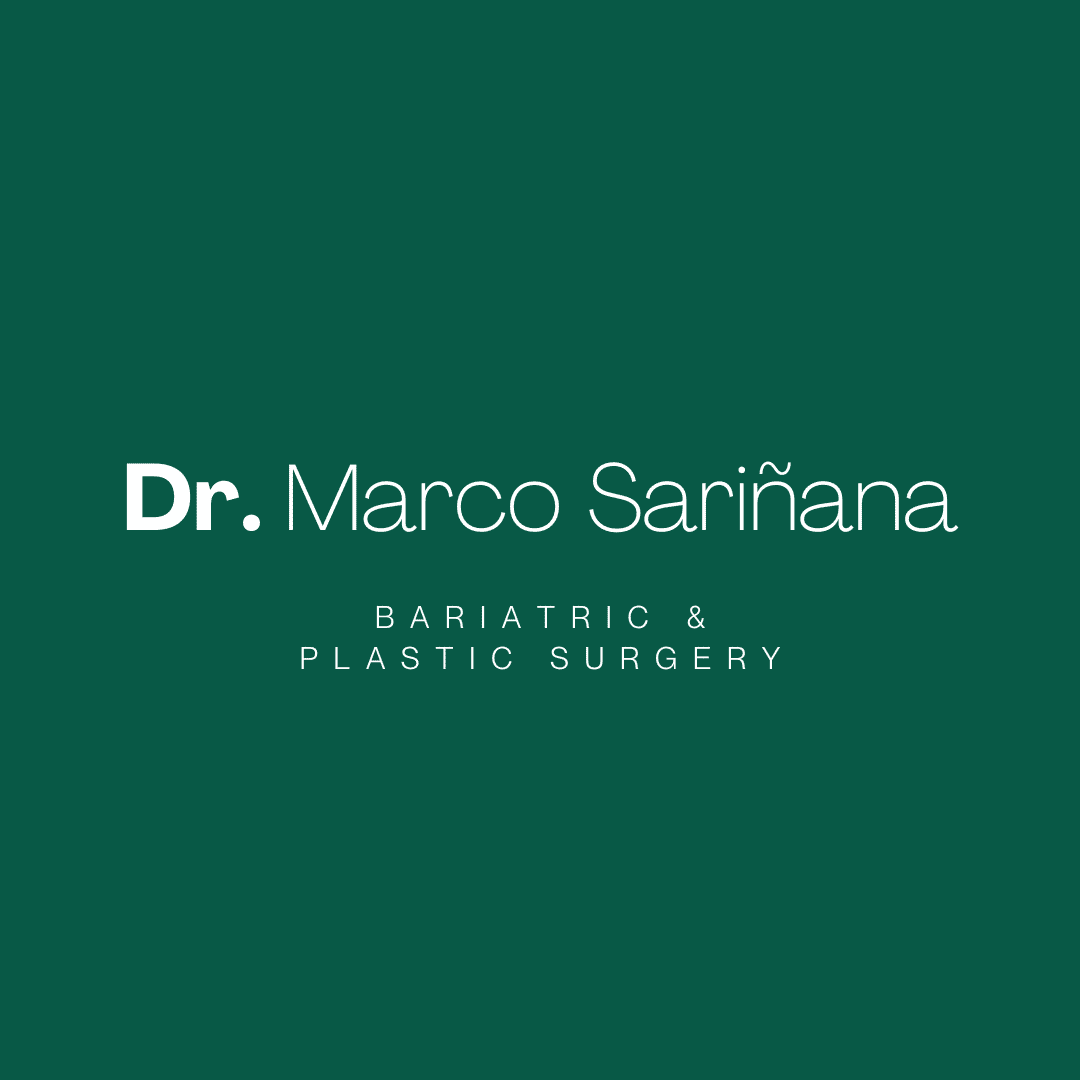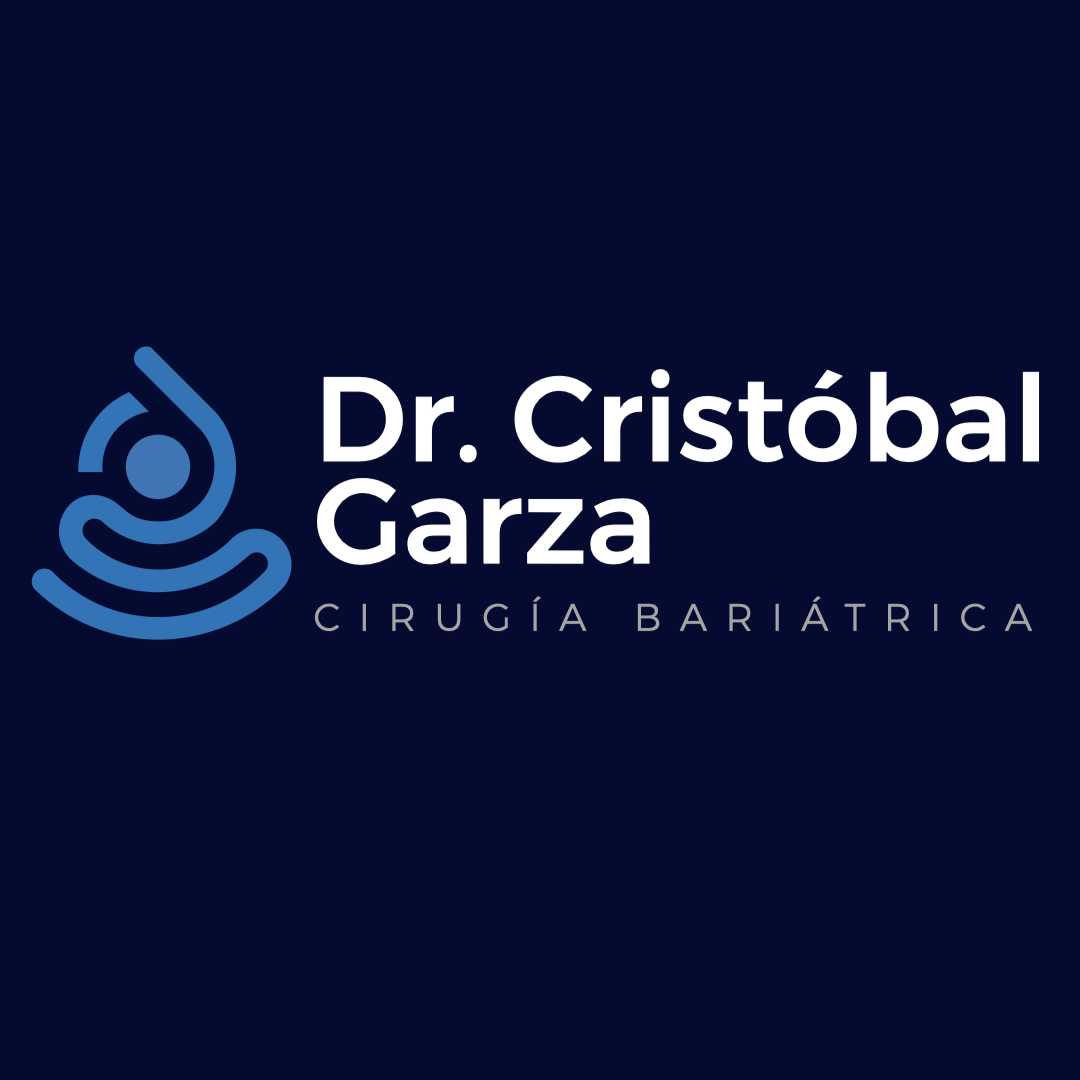
Choosing to undergo gastric sleeve surgery is a life-changing decision, and selecting the right location is just as critical. The United States offers world-class medical care with stringent standards, while Mexico has become a premier destination for high-quality, affordable bariatric surgery. This guide provides an in-depth, unbiased comparison to help you weigh the financial, medical, and logistical factors of having your procedure in either country, empowering you to choose the best path for your health and future.
Deciding Your Path to a Healthier Life: Mexico or the USA?
The decision between gastric sleeve in Mexico versus the USA often hinges on a balance of cost, convenience, and quality of care. The U.S. healthcare system is known for its advanced technology and highly regulated environment, but this often comes with prohibitive costs for those paying out-of-pocket and long wait times for insurance approval. Many American surgeons are Fellows of the American College of Surgeons (FACS) and members of the American Society for Metabolic and Bariatric Surgery (ASMBS), representing a high standard of qualification.
Conversely, Mexico offers a compelling alternative with all-inclusive packages that can be 60-70% cheaper than U.S. prices. Top Mexican bariatric centers, particularly in cities like Tijuana and Cancun, are staffed by board-certified surgeons (certified by bodies like the CMCOEM), feature modern facilities, and many are JCI-accredited, adhering to international safety standards. For many patients, Mexico provides a more accessible and immediate route to surgery without the financial strain or administrative hurdles common in the U.S.
Gastric Sleeve in Mexico vs. USA - Feature Comparison
| Feature | Mexico | USA |
|---|---|---|
| Average Cost (Cash Pay) | $4,000 - $8,500 USD | $15,000 - $25,000+ USD |
| Package Inclusions | Often all-inclusive (surgery, hospital, hotel, ground transport) | Typically itemized billing (separate fees for surgeon, hospital, anesthesia) |
| Insurance Coverage | Not applicable (self-pay model) | Often covered, but requires extensive pre-authorization and documentation |
| Wait Times | Minimal; surgery can often be scheduled within weeks | Can be 6-12+ months, especially when using insurance |
| Surgeon Certification | Board-certified in Mexico (e.g., CMCOEM), many with US fellowships | Board-certified in the US (FACS, FASMBS) |
| Hospital Accreditation | Many top centers are JCI-accredited or meet high international standards | JCI or equivalent national accreditation is standard |
| Pre-Op Requirements | Medical history review, basic tests, pre-op diet | Extensive: supervised diets, psychological evaluations, sleep studies |
| Travel Requirement | International travel required (typically 4-5 day stay) | Local or domestic travel; close to home and support system |
| Aftercare Support | Primarily remote (online support groups, email/phone with surgeon) | Integrated local follow-up (in-person visits, local support groups) |
| Medication & Supplies | Post-op meds often included in package | Prescriptions filled at patient's expense |
Key Capabilities - Mexico vs. USA Bariatric Programs
Mexico's Core Strengths
Mexico excels in providing a streamlined, patient-focused experience built around accessibility and affordability. The medical tourism infrastructure is highly developed, with dedicated teams to coordinate every aspect of a patient's journey, from airport pickup to hotel stays and hospital care.
The primary advantage is the all-inclusive pricing model, which eliminates financial uncertainty and allows patients to focus solely on their procedure and recovery. Surgeons are highly experienced, often performing a high volume of procedures, which leads to refined skills and excellent outcomes. The ability to bypass long insurance delays makes it a vital option for those seeking timely intervention for their health.
USA's Core Strengths
The United States is a leader in medical innovation and has a highly structured, regulated bariatric surgery process. The key strength lies in its integrated healthcare system. Patients benefit from a multidisciplinary approach, including dietitians, psychologists, and surgeons, all working together over several months.
Post-operative care is a significant advantage, with easy access to the surgical team for in-person follow-ups and management of any complications. For patients with comprehensive insurance, the out-of-pocket cost can be manageable, and the entire process is governed by rigorous safety and quality standards, providing a strong sense of security.
Gastric Sleeve in Mexico - Pros and Cons
Pros
- Massive Cost Savings: Typically 60-70% less expensive than in the U.S. for self-pay patients.
- Transparent, All-Inclusive Pricing: One price often covers the procedure, hospital, hotel, and transport.
- Minimal Wait Times: Surgery can be scheduled quickly, avoiding lengthy insurance approval processes.
- Experienced Surgeons: High volume of procedures leads to specialized expertise.
- High-Quality Facilities: Many hospitals are modern, well-equipped, and JCI-accredited.
Cons
- International Travel Required: Involves logistics of flights, passports, and recovering away from home.
- Remote Aftercare: Follow-up is primarily virtual, which can be a concern for some patients.
- Variable Quality: Requires diligent research to find reputable, certified surgeons and centers.
- Out-of-Pocket for Complications: If complications arise after returning home, care is not covered by the package.
Gastric Sleeve in the USA - Pros and Cons
Pros
- Highest Standards of Care: Rigorous regulation and oversight of surgeons and hospitals.
- Insurance Coverage: Potential for low out-of-pocket costs with good insurance.
- Local Aftercare: Easy access to your surgeon for in-person follow-ups and support.
- No International Travel: Recovery is close to home and your personal support system.
- Integrated Support Teams: Comprehensive pre-op and post-op support from dietitians and psychologists.
Cons
- Extremely High Cost for Self-Pay: Can be financially impossible without insurance.
- Long Wait Times: The insurance approval process can take many months, delaying care.
- Strict Qualification Criteria: Patients may be denied by insurance for not meeting specific criteria.
- Complex Billing: Patients often receive multiple, confusing bills from different providers.
Patient Stories - Real Experiences
"My insurance in the US quoted me a year-long wait and endless hoops. I went to Tijuana, and the entire experience was seamless. The hospital was cleaner than ones I've seen at home, and the staff was incredible. I'm 6 months post-op, down 85 lbs, and have zero regrets. Best decision I ever made."
- David R., Arizona (Patient in Mexico)
"The process with my US doctor was long, but my insurance covered 80%. Knowing my surgeon was just a 20-minute drive away for every follow-up gave me peace of mind. The local support group has been invaluable. It was the right choice for me and my family."
- Megan S., Ohio (Patient in USA)
"I couldn't afford the $22,000 cash price I was quoted in Florida. The all-inclusive package in Cancun cost me less than $6,000. The care was top-notch, and I recovered in a beautiful location. The online support group from my clinic has been fantastic for aftercare."
- Chloe B., Texas (Patient in Mexico)
"I was nervous about surgery, so I wanted the most rigorous program I could find. My US-based Center of Excellence required a 6-month diet and psych evaluation. It prepared me for the lifestyle change, and I felt incredibly safe throughout the entire process."
- Mark T., California (Patient in USA)
Frequently Asked Questions (FAQ)
Is gastric sleeve surgery in Mexico safe?
Yes, when performed by a board-certified surgeon in an accredited facility. Many top Mexican hospitals are JCI-accredited, meeting the same standards as U.S. hospitals. Thoroughly researching your surgeon's credentials (e.g., CMCOEM certification) and the hospital's reputation is crucial for ensuring a safe experience.
How do I verify a Mexican surgeon's credentials?
Reputable medical tourism facilitators can help, but you can also check with Mexican certification boards like the Mexican Council for General Surgery (CMCG) and the Mexican College for the Surgery of Obesity and Metabolic Diseases (CMCOEM).
What's not included in a typical Mexican "all-inclusive" package?
Airfare is almost always excluded. Other potential exclusions could be pre-op testing done in your home country, fees for a companion, and treatment for any non-bariatric, unforeseen medical issues.
Why is gastric sleeve surgery so much cheaper in Mexico?
The lower cost is due to several factors: lower overhead costs for facilities, lower salaries for medical staff (relative to the US), favorable currency exchange rates, and no complex insurance billing infrastructure, which adds significant administrative costs in the U.S.
What if I have a complication after returning from Mexico?
This is a key consideration. You would need to see your local primary care doctor or go to an emergency room. The cost of this care would be your own responsibility. Some top Mexican surgical centers offer complication insurance for an additional fee, which is worth inquiring about.
Will my US doctor provide follow-up care after surgery in Mexico?
This varies. Some primary care physicians are supportive, while others may be hesitant. It's wise to discuss your plans with your local doctor before you go to ensure you have a plan for post-operative care upon your return.
How much weight can I expect to lose with a gastric sleeve?
Patients typically lose 60-70% of their excess body weight within the first 12 to 18 months, regardless of whether the surgery is performed in Mexico or the USA. Success is highly dependent on adherence to post-op diet and exercise guidelines.
What is the gastric sleeve in Mexico price vs USA price with insurance?
In Mexico, the price is a fixed cash pay amount, typically $4,000-$8,500. In the USA with good insurance, your out-of-pocket cost could be anywhere from $500 to $5,000+, depending on your deductible and coinsurance. Without insurance, the US cost is $15,000-$25,000+.
Do I need a passport to go to Tijuana for surgery?
Yes, a valid passport book or passport card is required for re-entry into the United States by land. For air travel to other parts of Mexico like Cancun, a passport book is mandatory.
How do I choose the best bariatric surgeon in Mexico?
Look for board certifications, high volume of experience with the gastric sleeve procedure, memberships in international societies (like IFSO or ASMBS), and verifiable patient testimonials. A surgeon who offers comprehensive pre-op and post-op support is also a strong indicator of quality.
Begin Your Transformation Journey Today
The decision to have gastric sleeve surgery is a powerful step towards reclaiming your health. Whether you choose the familiar path in the USA or the affordable, high-quality option in Mexico, the right information is key. PlacidWay is here to help you navigate this choice with confidence.
We connect patients with a global network of pre-vetted, world-class bariatric surgeons. Let us provide you with personalized, no-obligation quotes from leading gastric sleeve clinics in Mexico and top programs in the USA. Your new life awaits.
Get Free Personalized Quotes















Share this listing